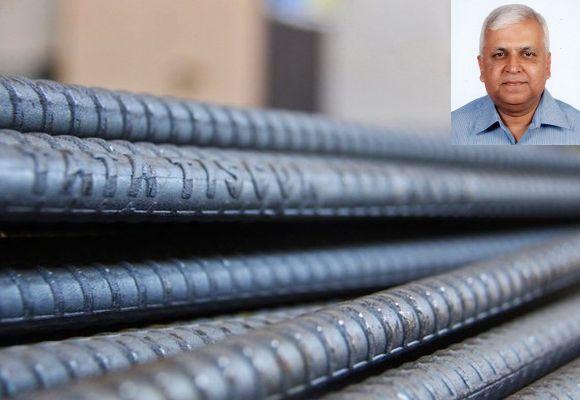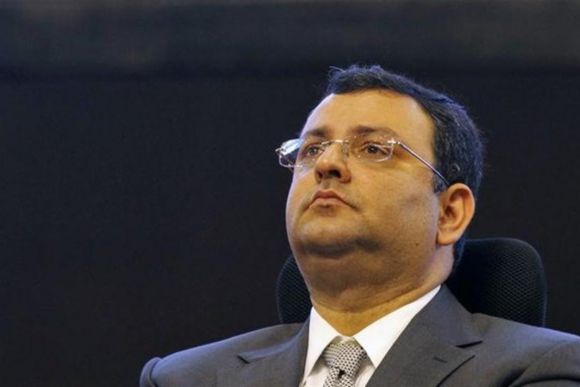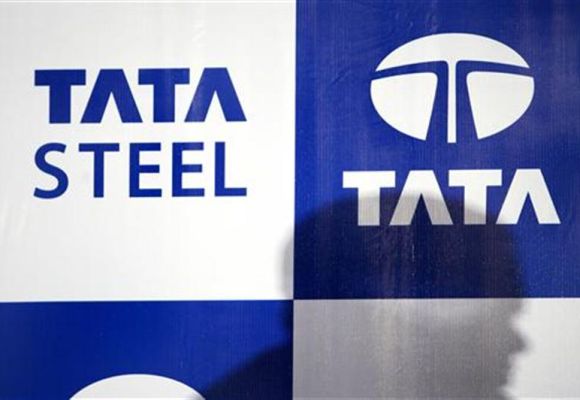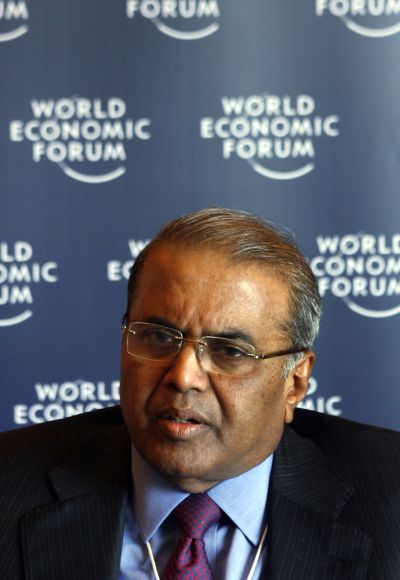 | « Back to article | Print this article |
Why Tatas need to take Charudatta's suicide more seriously
Charudatta Deshpande had called a few months ago asking whether Business Standard would meet the Tata Steel Managing Director for an informal conversation and had promised to call back with the date of the meeting. He never did.
His next call came a fortnight ago to say he had nothing to do with Tata Steel anymore and could he come over just to have a chat about his next assignment?
The chat also never took place as Charu (as he preferred to be called) took his life late last week.
That triggered a wave of legitimate questions from his friends and well-wishers who wanted the Tata group to dig deeper into the incident to figure out the circumstances that led Charu to take such a tragic step.
Click NEXT to read more...
Why Tatas need to take Charudatta's suicide more seriously
The Tatas have responded by setting up an inquiry committee. Tata Sons Chairman Cyrus Mistry’s public assertion that the group does not and will not condone any action of the kind insinuated by his friends will surely reinforce the reputation of a group that places primacy on its values and ethics.
In any case, it would be patently unfair to blame the entire company or the parent group for this sad event.
But the question that arises is whether the Tatas, or more specifically, the Tata Steel brass, should have been more proactive in dealing with a situation that involved the suicide of someone who was their employee just the other day.
The management must have been aware of the rumours that were doing the rounds involving Charu’s depression and abrupt exit from the company as head of corporate affairs and communications.
Click NEXT to read more…
Why Tatas need to take Charudatta's suicide more seriously
If they weren’t aware, it reflects very poorly on the company’s well-oiled communications and human resources machinery.
The setting up of an inquiry committee should not have waited for a nudge from the group chairman.
Worse, if Charu was in deep depression even while working for Tata Steel as his conversation with friends suggest, did the company do anything to help him deal with it? The answer would be in the negative going by the company’s silence on the issue.
The British Broadcasting Corporation (BBC) did just that initially, but was finally forced to apologise “unreservedly” to the family of Russell Joslin, one of its journalists, who took his own life after his complaints of bullying and sexual harassment were ignored.
Click NEXT to read more…
Why Tatas need to take Charudatta's suicide more seriously
BBC admitted in October last year that it had failed to help the journalist and its treatment of him was “just not good enough” after an investigation by an external consultant found that a number of factors, including workplace culture, made it more difficult for Joslin to raise concerns.
The 50-year-old, who was suffering from work-related stress, apparently suffocated himself in a psychiatric hospital in Warwick.
The Tatas could take a cue from BBC from what it did after the suicide. Although those steps cannot, sadly, help Charu anymore, they will at least make sure that any other member of staff who is struggling to cope with the workplace or is facing bullying will be better supported in future.
This is what BBC did: It introduced a confidential helpline for staff, run by an independent body, who might have concerns with harassment or bullying, reviewing its support services and developing training for managers to help them spot bullying.
Click NEXT to read more…
Why Tatas need to take Charudatta's suicide more seriously
It also holds sessions for local radio teams, such as those in which Joslin worked, to give staff the opportunity to discuss what standards of behaviour they expect from each other.
The Renault example is also something the Tatas could look at. After three technicians working at its Research & Development centre had committed suicide, Chief Executive Officer Carlos Ghosn himself went to the centre to talk to workers and managers.
Detailed questionnaires were sent to more than 11,000 employees, and face-to-face meetings were held to discuss work conditions.
The company also decided to go back and explain again, the basic management rules throughout the chain of command.
A leading consultant has a different take and says media is making a big deal out of an isolated case as suicides are certainly not uncommon in a country where a person attempts to die every three seconds.
Click NEXT to read more…
Why Tatas need to take Charudatta's suicide more seriously
So there is no point in making a mountain out of a molehill. That’s a dangerous argument as companies just can’t afford to underestimate the impact of the death of a staff member.
A sudden, shocking death can have a great emotional impact than one that was expected. And suicide can be among the most shocking, as well as, emotionally disruptive since people who have worked closely with the deceased feel they did not do all they could to help when he/she was alive. So, emotions do swell up after the event.
Sometimes, companies are reluctant to say that they don’t know why it happened and try to make up some of the answers by doing a spin job. Allegations have been made that the communication agency of the Tatas tried to do exactly that.
One hopes the charges are untrue as that’s the worst thing to do in such a delicate situation and can break the trust forever.






